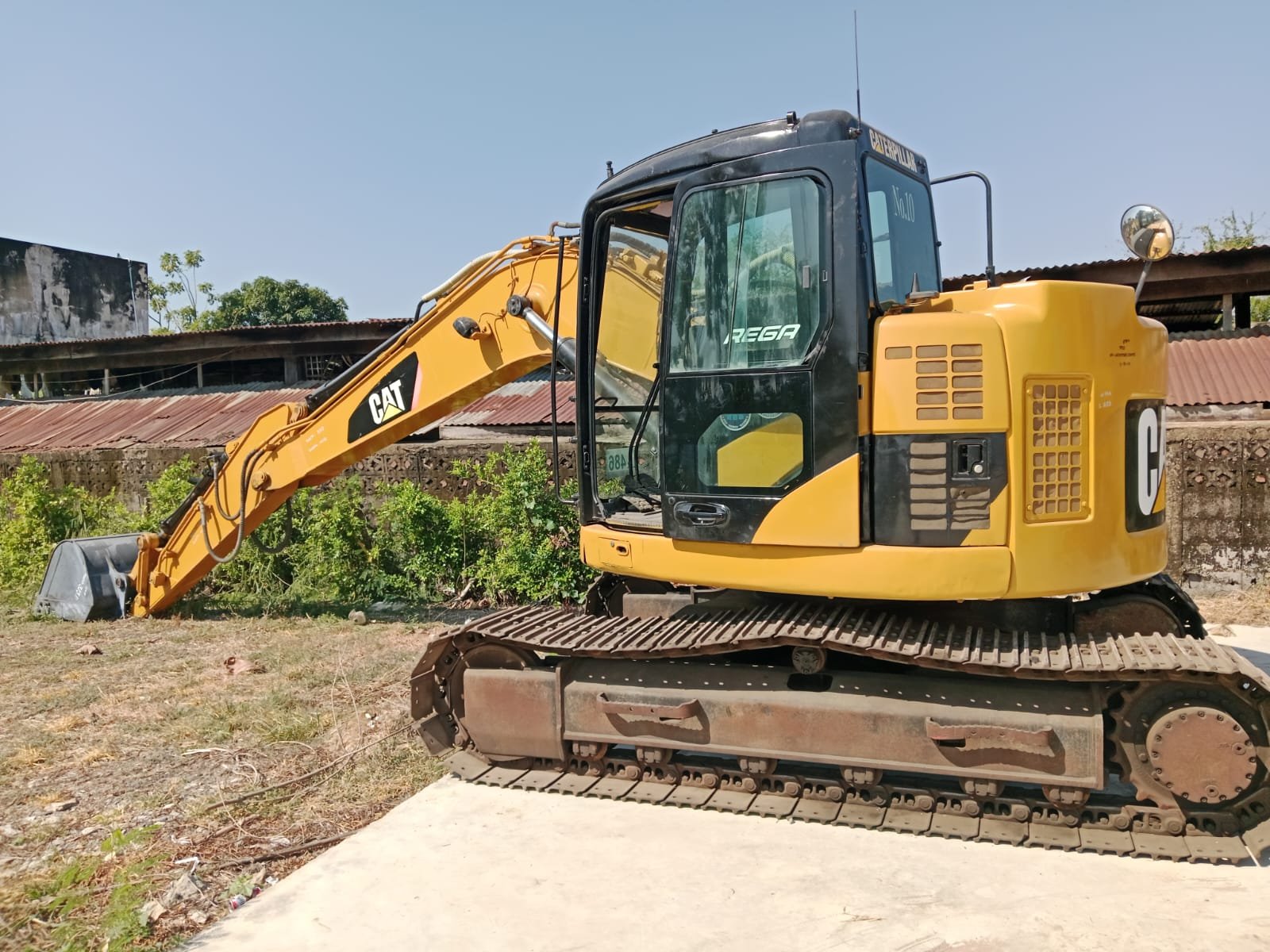Purchasing heavy equipment is a significant investment, both financially and operationally. Whether you’re a seasoned contractor or a burgeoning business owner, making the right choice is crucial for success. Here are some key factors to consider when making your purchase:
1. Determine Your Needs:
- What will you be using the equipment for? Be specific! Will it be used for excavation, demolition, material handling, or a combination of tasks?
- What are the job site conditions? Consider factors like terrain, accessibility, and the nature of the materials you’ll be working with.
- What is your budget? Set a realistic budget and stick to it.
- What is your preferred operating style? Do you prefer the power and versatility of hydraulic systems or the simplicity of mechanical controls?
2. Evaluate Your Options:
- New vs. Used:
- New: Offers the latest technology, warranty coverage, and lower operating costs initially.
- Used: More affordable upfront, but may require more maintenance and repairs. Consider the equipment’s age, condition, and service history.
- Rental vs. Purchase:
- Rental: Provides flexibility and avoids the long-term commitment of ownership. Ideal for short-term projects or infrequent use.
- Purchase: Offers long-term cost savings and greater control over maintenance and upgrades.
3. Consider Key Features:
- Engine: Look for powerful, fuel-efficient engines with low emissions.
- Hydraulic System: Ensure the hydraulic system is robust and reliable.
- Attachments: Consider the availability and cost of attachments that will enhance the equipment’s versatility.
- Operator Comfort: Choose equipment with comfortable and ergonomic operator cabins to improve productivity and reduce fatigue.
- Safety Features: Prioritize safety features such as rollover protection structures (ROPS) and falling object protection structures (FOPS).
4. Research Manufacturers and Dealers:
- Reputation: Choose reputable manufacturers known for quality, reliability, and good customer support.
- Dealer Network: Select a dealer with a strong service network, readily available parts, and experienced technicians.
- Warranty and Service Contracts: Inquire about warranty coverage, service contract options, and the availability of preventive maintenance programs.
5. Get Quotes and Compare:
- Obtain quotes from multiple dealers for the same or similar equipment.
- Compare features, pricing, and service options carefully.
- Don’t hesitate to negotiate to get the best deal.
6. Consider Long-Term Costs:
- Fuel consumption: Estimate fuel costs based on expected usage.
- Maintenance and repairs: Factor in the cost of routine maintenance, repairs, and potential downtime.
- Operating costs: Consider operator wages, insurance, and transportation costs.
7. Test Drive (if possible):
- If possible, test drive the equipment to get a feel for its performance and operator comfort.
By carefully considering these factors, you can make an informed decision that will meet your specific needs and contribute to the long-term success of your business.
Disclaimer: This blog post is for informational purposes only and should not be considered financial or professional advice.


